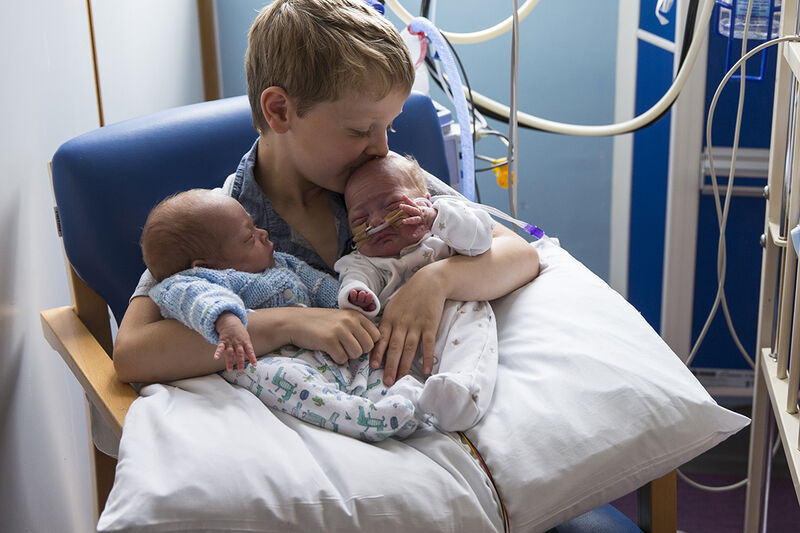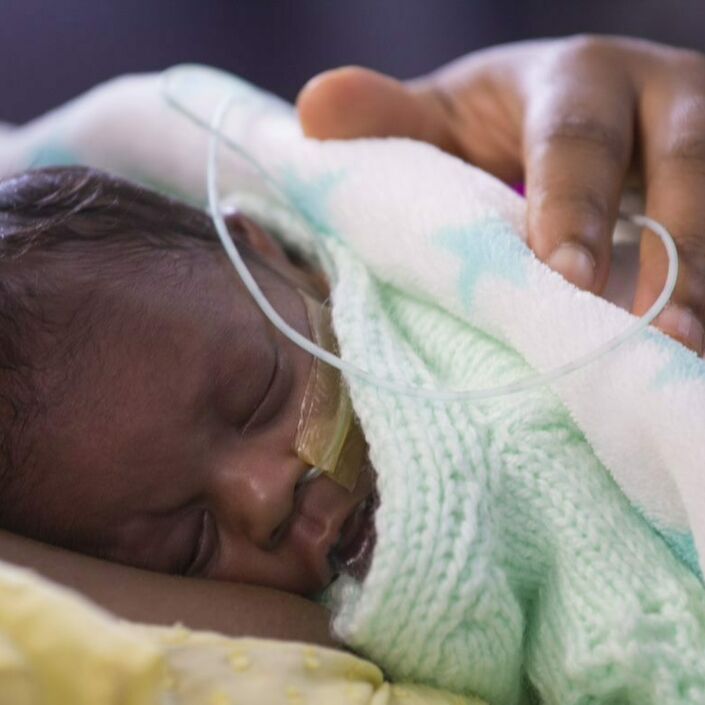The way they react will depend on how old they are, their personality, and how you are coping yourself.
Younger children might be confused and wonder why their parents are away so much and are so stressed and tired. Older kids might be worried about the baby. There’s a lot you can do to help your other children cope.
Understand their feelings
Children often blame themselves when things go wrong, so they might feel guilty. Reassure them it’s not their fault. Make sure they know it’s OK to feel angry too.
Children might not show their feelings in a straightforward way. Some might go quiet, while others might start misbehaving. They might go back to more babyish behaviour themselves, because they feel insecure.
Tell them what’s happening
It’s good to explain things honestly, but in a simple way that they can understand. Tell them what is wrong with the baby and what might happen.
Worrying because things have not been explained to them can be worse for children than knowing all the facts.
Spend time with them
Be with your other children as much as you can and keep up their normal routines whenever possible.
You can protect certain times that are just for them, like bedtime or going out to do something special once a month. If your partner can be there too, it’s good to spend time together as a family.
Help them get closer to the baby
They can send things to the hospital, like a cuddly toy or a picture they have drawn. You can bring back photos of the baby.
When it’s time for older children to visit the baby in hospital, try to tell them what to expect ahead of time, and explain that all the equipment is there to help the baby get better and stronger.
Let others help
Make sure you have arrangements in place for someone to stay with the children if there is an emergency.
Maybe other family members or friends can spend time with them, doing something fun. This will also help you feel less stressed and more able to focus on your baby in the unit.


